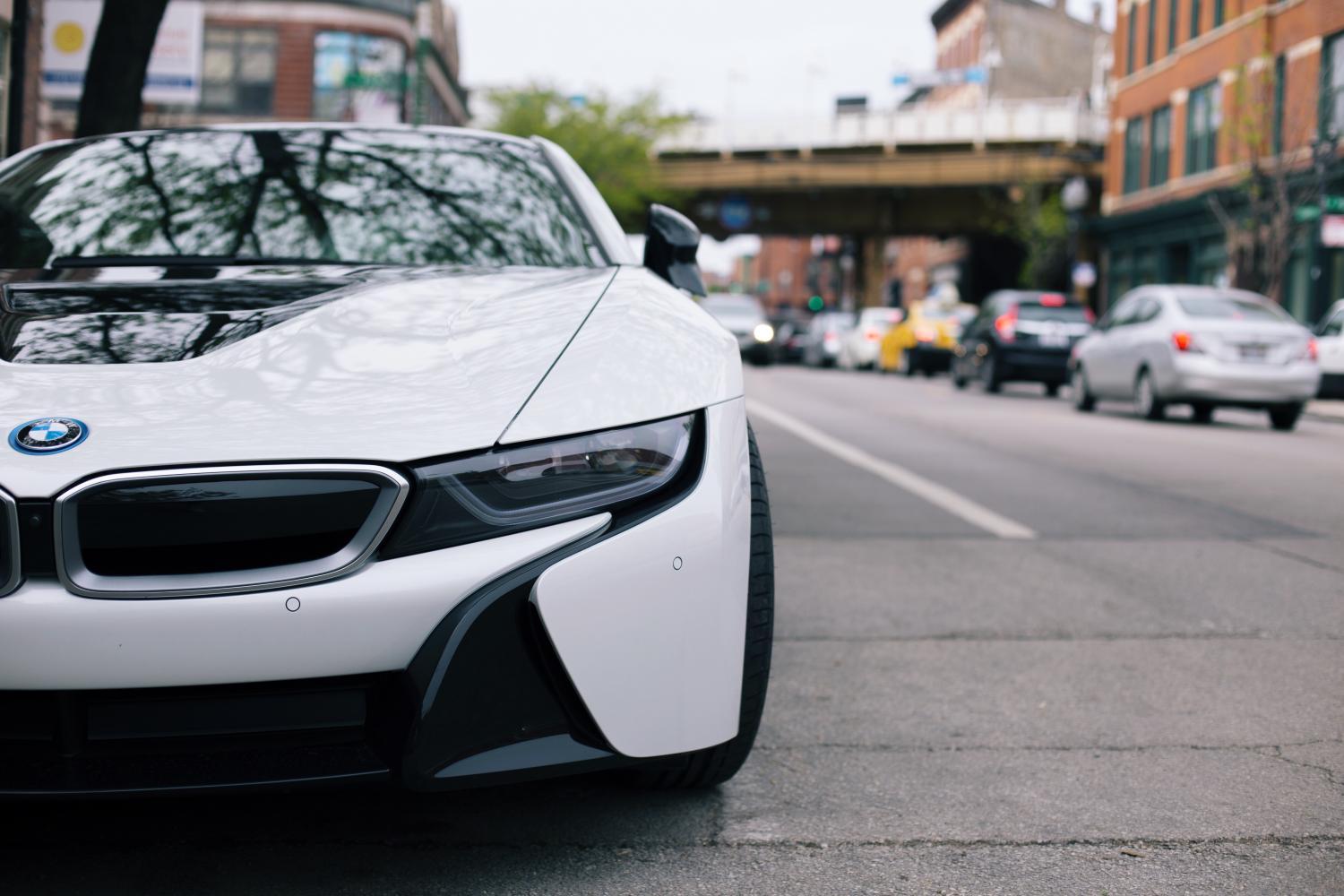
The automotive industry has long been an anchor of Germany’s economy - so investment in next-gen battery technology is integral for the country's leadership in automobile innovation and design.
With Goldman Sachs suggesting the global battery market could reach $60 billion by 2030, it’s important to note that many of the companies leading battery technology advancements are based in Asia. The fact that the battery industry is centered on one side of the Pacific Rim is a long-term boon for those economies, but that reality is worrisome for other countries across the globe. The concern within other regions is that they are at risk of falling behind in battery research and development.
To that end, Germany, Europe’s largest economy is working to safeguard its role in the global battery industry—which could bolster its role in the worldwide electric vehicle (EV) market as well as build upon the German government’s complicated legacy of paving the way for a global low-carbon economy under the leadership of Angela Merkel.
The automotive industry is integral to Germany’s economy—and will have to be in the long term to sustain the country’s reputation for innovation and design. With the production of 5.6 million vehicles domestically in 2017 (and almost 16.5 million worldwide), Germany by most accounts is the world's third largest producer and largest exporter of automobiles. German automotive companies, including Audi, BMW and Mercedes-Benz, have a particularly strong position in the luxury vehicle market, with a combined world market share of about 80 percent.
There is plenty of opportunity in the electric vehicles (EVs) market—witness the excitement over Porsche's venture into the EV sector. The German government wants to protect German carmakers as vehicles shift away from using combustion engines in accordance with the European Union mandate to reduce CO2 emissions by one-third. Hence this focus on battery technology is about more than profits for companies and reaping government revenues in the short term—it's about securing Germany’s leadership in the worldwide automotive sector beyond the mid-21st century.
While some critics question whether funneling €1 billion ($1.12 billion) toward the development and manufacturing of battery cells as part of Germany’s National Industrial Strategy 2030 plan is the right approach, to be clear, market share and profits are not necessarily what are at stake here. In the long run, this investment is about the German automakers’ long-term relevance and prosperity—which, of course, can only benefit Germany’s treasury.
Battery expert Martin Winter, professor of materials science, energy and electrochemistry at the University of Münster, told The Verge that large-scale production of battery cells by European or German companies will be crucial for the continent to maintain “its chances in taking part in an enormous and rapidly growing market.”
One goal for the automotive sector is to create a battery that can match or improve upon the performance of current lithium-ion batteries without the steep costs associated with their production. Within the lithium-ion realm, efforts have been focused on adding additional ingredients to increase batteries’ efficiency while lowering costs.
But not everyone is convinced. Ferdinand Dudenhöffer, professor of automotive economics at the University of Duisberg-Essen, was quoted in Forbes as saying: “It’s stupid. It’s crazy, what our ministry of economics is doing... The value does not exist in the manufacturing process in which they want to spend €1 billion. The value is in the materials.”
Of course, the response from some automotive experts is that when it comes to raw materials (e.g., cobalt and nickel) that are needed for making lithium-ion batteries, market primacy here may not be an economically viable solution either.
Another solution ready to be explored is solid-state batteries. While lithium-ion is the driving technology now, automotive research and development teams globally are testing solid-state batteries because, among many reasons, advocates for this technology say they are lighter, take up less space and are more cost-effective. As Volkswagen and other automotive manufacturers gear up for the next round of battery technology innovations, the German government is making its chess moves to ensure the future stability for its automotive companies, and the country’s economy at large, with this investment.
In the end, across the world, electric vehicle technology, adoption and production are accelerating. With the future of vehicles going all-electric, there is plenty of room for more battery cell manufacturers to come on board in Germany and elsewhere.
Image credit: Pixabay

Based in Michigan, Sarah is passionate about sustainability, storytelling and bringing to light sustainability principles that can be threaded into business strategies and communications. Formerly an editor for CSRwire and freelance writer for many organizations forwarding the principles of corporate social responsibility and circularity, she is excited to be a contributor to TriplePundit. Connect with Sarah on LinkedIn and Twitter.














